Preventing and Managing Conflict in an Unstable World
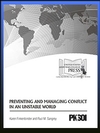
History is littered with examples where the inability to stabilize a nation at the conclusion of military operations has led to even more complex problems.



History is littered with examples where the inability to stabilize a nation at the conclusion of military operations has led to even more complex problems.
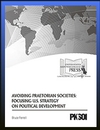

It is clear that fragile nation-states will continue to be a major contributor to instability in the international strategic environment. The United States, its allies and partners have attempted to mitigate the negative effects of fragile states through a variety of approaches, including military stability and reconstruction (S&R) operations such as those undertaken in Iraq and Afghanistan. America’s success rate at conducting S&R operations however, is mixed.
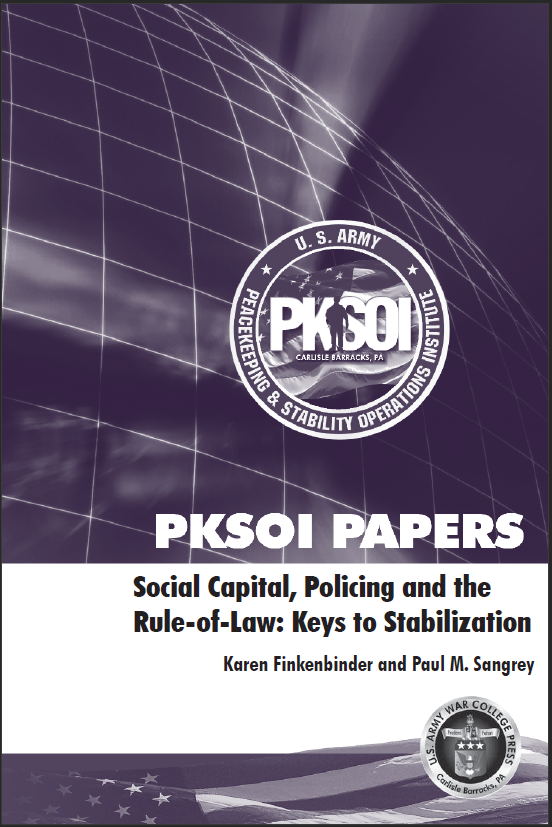
The anthology is divided into chapters that begin looking broadly at stability issues. It then begins to focus on policing – identified as essential to successful rule of law. The area of policing starts with a broad view of the strategic importance of policing and foreign police.
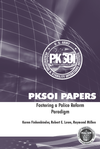

This study seeks to develop a police reform paradigm to guide international assistance policies and programs for new democracies. The approach of this monograph is atypical of most studies on this genre in that it discusses the philosophical, doctrinal, and practical underpinnings of police reform: !) The Relationship between the Nation-State and its Police Forces; 2) Reforming a Nation’s Police, and 3) Practical and Historical Application of Police Reforms.
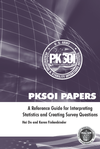

The genesis of this guide started at a meeting between PKSOI and the Department of Distance Education (DDE) at the Army War College (AWC). During this meeting a discussion occurred in which we all realized that neither the resident nor distance courses of study require a statistics or research methods course. However, as part of the directed study we were discussing, we were finding that some students were quite interested in using statistics and survey questions.
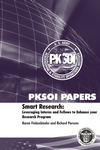

This paper is divided into two parts. The first part deals with the general issues surrounding an internship program. It answers such questions as: What is an intern or fellow? Where do you find them? What do they do? What are the legal considerations? What are the security issues? The second part is what we call a “How To” section. It is the nuts and bolts of starting an internship program. It is also the boring part, though efforts have been made so it doesn’t read like U.S. tax code.
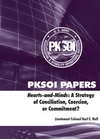
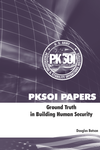
Land has been at the center of human conflict throughout recorded history. Although there are now fewer interstate conflicts concerning land, we increasingly see conflict fueled by land tenure issues exacerbated through the inability of failing states to address such fundamental concerns of their populace.
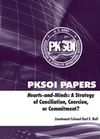
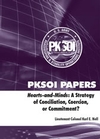
This monograph presents an investigation of the concept’s colonial antecedents, inception at the onset of the Cold War, subsequent U.S. interpretation during Vietnam, and modern application to post 9/11 conflict in order to elucidate its true nature – one which can only properly be understood as commitment. By understanding this evolution over time, an enhanced appreciation of its applicability to future conflict as well as its place within the irregular warfare canon may be more properly apprehended.
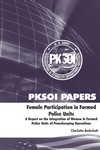

This report examines the obstacles that continue to hamper the integration of women into Formed Police Units (FPUs) of Peacekeeping Operations in accordance with the principles of United Nations (UN) Resolution 1325.
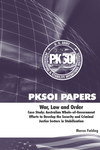

This paper examines how the Australian Government can assist another state government to restore and maintain public security by developing capacity in its security and criminal justice sectors.